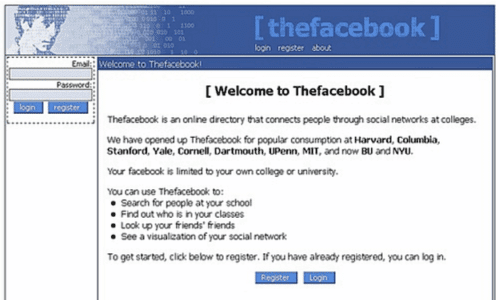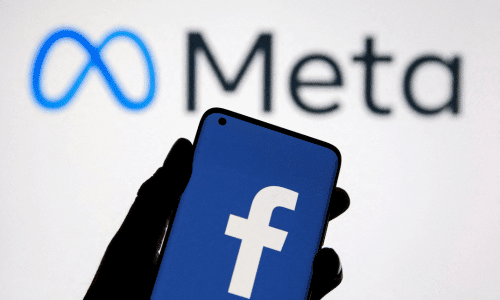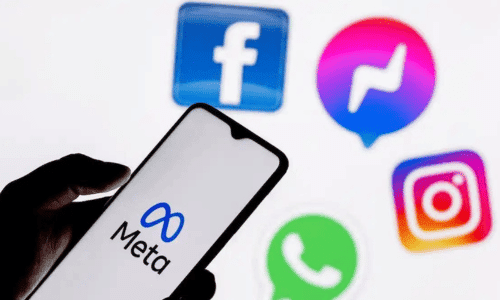Top 10 Things You Didn’t Know About Facebook / Meta

Facebook, now rebranded as Meta Platforms, Inc., is more than just a social media giant. Since its inception in 2004, the company has expanded its horizons beyond connecting people online, venturing into realms like virtual reality, and artificial intelligence, and creating a new vision for the metaverse. From its controversial beginning at Harvard University to becoming a significant influence on global digital culture, the story of Facebook and Meta is filled with twists and turns. Here are the top 10 things you might not know about this tech titan that has shaped the way we communicate, work, play, and even perceive reality.
1. Facebook’s Origins Involve a Controversial Project

Before creating Facebook, Mark Zuckerberg developed “Facemash,” a website that compared the attractiveness of students at Harvard. Though it was quickly taken down, the incident sowed the seeds for what would become Facebook.
2. Facebook Was Initially Exclusive to Ivy League Schools

Facebook was initially limited to Harvard students. It then expanded to other Ivy League universities and eventually to most universities in the U.S. and Canada, before becoming available to the general public.
3. A “Like” Was Almost Called “Awesome”

The now-iconic “Like” button on Facebook was almost named the “Awesome” button. The “Like” feature was introduced in 2009 and has since become a universal symbol of digital approval.
4. Facebook Once Had a File Sharing Service

Called “Wirehog,” this service allowed users to share files directly with their friends. It was functional between 2004 and 2006 but was shut down due to concerns over copyright infringement.
5. The Company’s Name Changed to Meta Signals a New Direction

The rebranding to Meta in 2021 reflects the company’s ambition to build the metaverse, a shared, virtual space that goes beyond traditional social media. The new focus aims to revolutionize how we interact with technology and each other.
6. Facebook (Meta) Owns Some of the Biggest Social Media Platforms

Besides its main social networking site, Meta owns Instagram, WhatsApp, and Oculus VR. This diverse portfolio has helped the company dominate various facets of the digital world.
7. Facebook’s Algorithm Can Recognize You Without Seeing Your Face

The company’s advanced algorithms can recognize users in photos even if their faces are not visible. It analyzes other clues like clothing, hair, and body shape.
8. The “Poke” Feature Remains a Mystery

One of Facebook’s original features, the “Poke” has never had a defined purpose. It’s an example of a digital social interaction without a real-world counterpart, and its meaning has been left to user interpretation.
9. Facebook Has Made Significant Investments in Internet Accessibility

Through projects like Internet.org, Meta aims to provide affordable Internet access to underserved areas of the world. The initiative reflects the company’s mission to connect the global population.
10. Mark Zuckerberg’s Salary is $1

Following in the footsteps of other tech leaders like Steve Jobs, Mark Zuckerberg’s official annual salary as CEO is $1. His compensation comes primarily from his ownership stake in the company.
From pioneering social networking to envisioning a future where virtual and physical realities merge, Facebook (now Meta) continues to be at the forefront of technological innovation. The company’s evolution reflects both the possibilities and challenges of the digital age.
These top 10 facts reveal the lesser-known aspects of Meta, shedding light on its origin, growth, influence, and ambition. Whether it’s changing the way we express approval online, pushing the boundaries of artificial intelligence, or striving to connect every human being, Meta’s journey is an extraordinary testament to creativity, resilience, and vision.
With its eyes set on the future and a bold strategy to shape the next era of computing, Meta is poised to continue its transformative impact on technology, communication, and human experience.
If you like this you might like The Top 10 Largest Companies Impacting the World Economy





